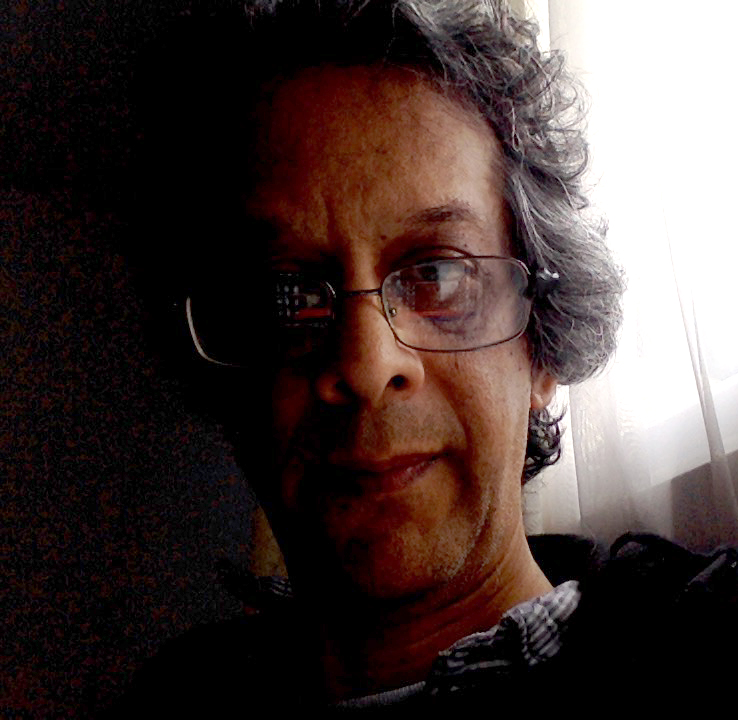
I first met this month’s guest when he read my debut book, The Mazzard Tree and wrote a lovely five-star review. We became friends on social media through our shared interest in reading and writing.
Shiv writes under the name S S Saywack and I know his writing career keeps him busy, so I’m delighted he has found the time to stop and chat with me. So, without further ado, I’d like to welcome Shiv Saywack to my blog.
Good morning, Shiv. I thought we might start by learning a bit more about you. Perhaps you could tell me a bit about yourself?
Good morning, please call me Shiv. (Is that noise, Melville, turning in his grave?).
I was born in what was then British Guiana and is now Guyana. That is a country on the Caribbean coast of South America, bordered on three sides by Venezuela, Brazil and Suriname (once called Dutch Guiana). Unfortunately, it’s not the playful, blue waters of the Caribbean that wash the last quarter, but a brown-coloured liquid that’s Atlantic mud.
My great-grandparents were emigrants from India in the late nineteenth and early twentieth century. It must have been an interesting journey they made of nearly twenty thousand miles by sea that, writing this now, makes me want to find out more. Why they went to Guyana all that time ago, I don’t know, though I suspect they went as indentured labourers and after their time of servitude ended, stayed. My family emigrated to Britain at the start of 1960, and I grew up in North London, where I went to school, studied at art college, and have worked ever since, first as a graphic designer and then a teacher.
Gosh, that is an interesting family history and well-deserving of more research.
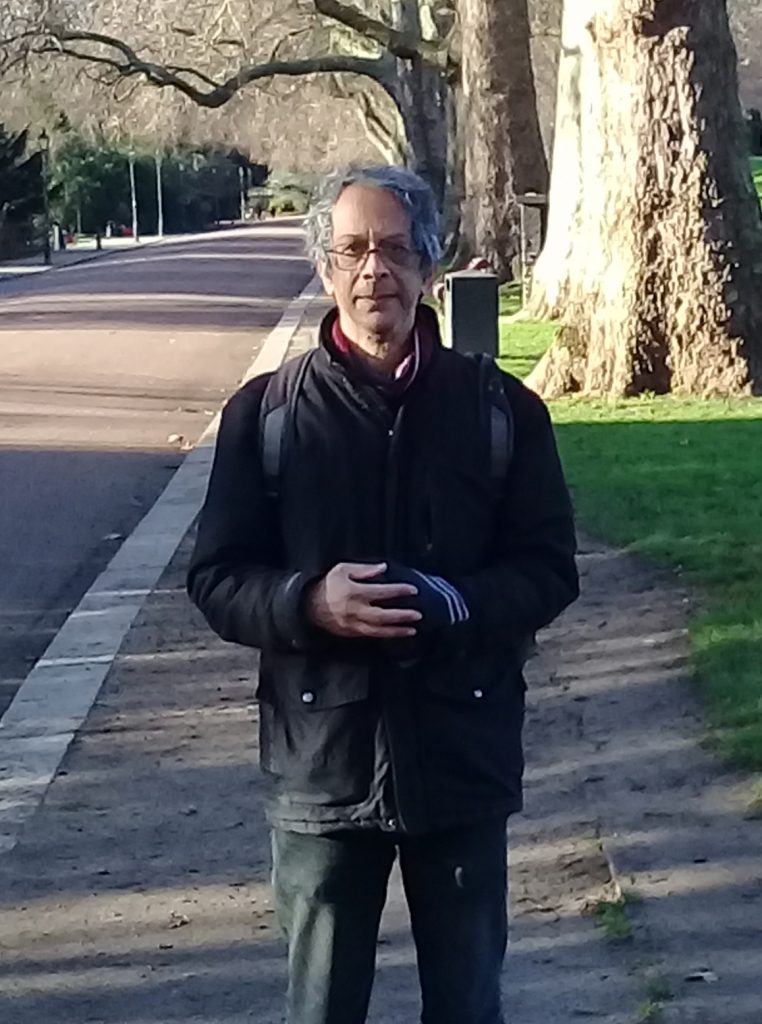
What inspired you to start writing?
I came to reading books quite late. I think I was thirteen when a school friend introduced me to a series of books by Willard Price with such titles as, South Seas Adventure, Amazon Adventure, Underwater Adventure, etc… (There’s a theme there!) Looking back, they were ideal middle-grade books. Then, one summer holiday, I think I was fifteen, I decided to tackle the biggie: Lord of the Rings. And was hooked. I too wanted to write something Lord of the Ringish! Lack of writing craft, world experience, imagination, oh, the list is probably endless… resulted in abject failure. But the seed was planted. It would take an awful number of years for it to germinate.
My first attempt to write (a book?) was at school. I was probably sixteen. It was a total failure! Luckily, I don’t have any examples of my writing at the time, as I cringe to think how bad it must have been.
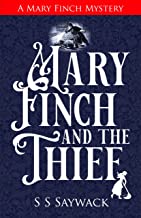
What do you enjoy most about writing?
I like the process. I like learning new things. I like expressing myself in some creative way. As I mentioned, I worked as a graphic designer, then I became an art teacher for an equal number of years, both are creative occupations.
My first attempts at writing novels (when I became an adult) were disastrous until I realised that they weren’t. They were the practice I, and we all, need – you really learn to write by writing, and failure is just part of the process. That sounds a little harsh, and it’s not meant to be. For me, writing will always be a learning process no matter how good I become. Even if I start something and it leads nowhere, it should not be seen as a failure. And often, abandoned ideas are recycled in some form later on. But please, enjoy the process, because it is an enjoyable process.
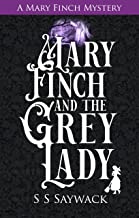
How do you approach writing a new novel?
With trepidation! I can procrastinate. I spend an awfully long time worrying about the first pages, even though I usually have a beginning in mind. Am I a ‘pantser’ or a ‘plotter’? I, like many, fall in between the two. I can’t plot an entire novel, (I have tried!), but I have an idea of where it’s going, where it’ll end up, and a rough direction of the route, like a message taken over the phone with all its misunderstandings, rather than an ordnance survey map, of how to get there.
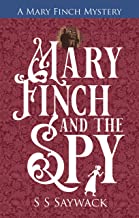
How long does it take you to write a book?
I guess the proper answer to that would be that it varies. The Mary Finch books took, on average, six to eight weeks to write each. But there was a period before when a lot of thinking got done before pen met paper – or finger met keyboard. And I’m sure, as all writers know, there is a very long period after made up of editing and worry. But when I am in the throes of writing, I write what I think is fairly quickly, perhaps 1500 to 2000 words a day, and I tend to write seven days a week until it is done.
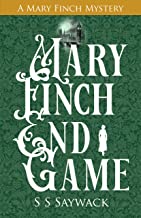
What was your favourite subject at school – and which was the lesson you always wanted to avoid?
Art was one of the subjects I enjoyed at school. The other was history. I can’t say I particularly enjoyed maths. I always thought art and maths polar opposites, until one day I was watching some science documentary and realised that they try and do the same thing – they try to describe the world in their own ways, and ever since I have enjoyed maths, even though it’s still a complete mystery to me – but I appreciate the mystery even more. (It’s amazing, what a simple shift in perspective can do). And, of course, writing does the same. As for history, if I hadn’t studied art, then I would have had history. That period, from perhaps the last quarter of the nineteenth century to the 1960s, I like, and the 1890s was the time period I chose to set my novels, the Mary Finch Series.
What do you think are common traps for aspiring writers?
The advice I found useful when I started thinking about novel writing was that given by Hemingway (yes, that Hemingway) when he wrote/said something along the line that all first drafts are *@%#; With that in mind, I cannot remember now who said that books are made in the rewrites and that the idea of the second draft is to make it look like you knew what you were doing all along (Neil Gaiman, I think – I would heartily recommend his books, by the way); and, probably the most difficult thing, never edit until you finish.
We all, I am sure of this, when we write a novel, will, at some point, way before the end of it, want to ‘fix’ the beginning, or that scene, or that line of dialogue, or something… and the best time to do it is when the novel is completed and you can understand why you wanted to fix those things. To do so while the work is in progress is a distraction. (I wish I could follow that last advice fully! Human nature, however – that desire to meddle – intervenes).
The last bit of ‘my’ advice, of course, is to read! Read! And Read! While I like writing Middle-Grade/YA novels, I read a wide, eclectic range. My favourite authors are Virginia Woolf (if you haven’t read, To The Lighthouse, please do. If you want a perfect description of time passing, read the second part of that novel, it is sublime), Tolkien (of course), Neil Gaiman, and there are others, too numerous to mention. I tend to like ‘books’ for ‘books’ sake, so will read whatever takes my fancy. To borrow from Gertrude Stein, (so Melville does not feel lonely), a book is a book is a book, and a good book is a good book whether the author is well-known or not.
If you could meet one person from history, who would it be – and why?
I mentioned Virginia Woolf. They say you should never meet your heroes. I do wonder, though, what it would be like to have met her? She was such a troubled soul. It would have been nice to have been there, by the River Ouse in March 1941, to prevent her from committing suicide. I’m not sure she would have thanked me, however. But I suppose, that’s the beauty of writing. It is a time machine. We get into it, are whisked back eighty-odd years, and can realise that meeting with whomever we wish to encounter, and tell others about it, so they can experience it as well.
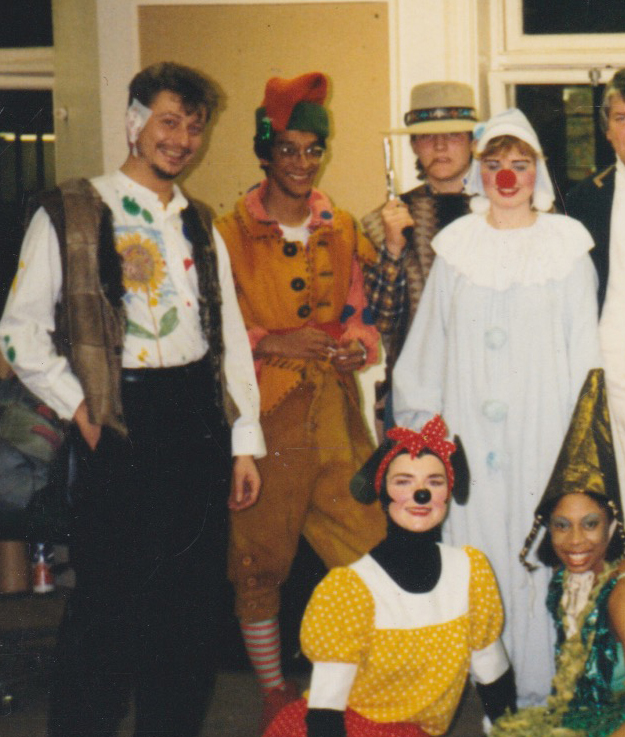
What hobbies do you enjoy?
I play the guitar, reasonably well (definitely not to a professional standard) and the Piano reasonably badly. I enjoy (trying) to write music (indifferently). I love printmaking – etching and linocut – but have let that interest slip over the years, mainly because writing has so dominated that creative part of me to its exclusion. And I like old black and white films (1950ish era – especially the film noir genre). As an aside, read the scripts for some of those films, they are brilliant! I read Sunset Boulevard recently – apart from being a brilliant concept, (a dead man narrates the story), the script is inspiring.
This is a photo Shiv sent me which shows him at a Christmas Fancy Dress Party in 1986 – I think their costumes are all very good.
I hope this has given you an insight into me. I hope you enjoyed reading it. You can find me on my Facebook page, https://www.facebook.com/SSSaywack/ where you can follow (or like) me if you wish, or my website, https://saywackwrites.com/ where a free Mary Finch short story, Runaway, can be downloaded, and you can be added to my mailing list. The Mary Finch Mysteries, a series of four books, can be found on Amazon, https://www.amazon.co.uk/gp/product/B09KV97FDG
Thank you, Shiv, for taking the time to talk to me. I wish you every success with all of your books.
0 Comments